This article was co-authored by Robert Dhir, MD. Dr. Robert Dhir is a board certified Urologist, Urological Surgeon, and the Founder of HTX Urology in Houston, Texas. With over 10 years of experience, Dr. Dhir’s expertise includes minimally-invasive treatments for enlarged prostate (UroLift), kidney stone disease, surgical management of urological cancers, and men’s health (erectile dysfunction, low testosterone, and infertility). His practice has been named a Center of Excellence for the UroLift procedure, and is a pioneer in non-surgical procedures for ED using his patented Wave Therapy. He earned his undergraduate and medical degrees from Georgetown University and was awarded honors in pre-medical studies, urology, orthopedics, and ophthalmology. Dr. Dhir served as chief resident during his urological surgical residency at University of Texas at Houston / MD Anderson Cancer Center in addition to completing his internship in general surgery. Dr. Dhir was voted Top Doctor in Urology for 2018 to 2019, one of the top three Best Rated Urologists in 2019 & 2020 for Houston Texas, and Texas Monthly has named him to the 2019 & 2020 Texas Super Doctors Rising Stars list.
This article has been viewed 38,428 times.
Frequent urination (also known as urination frequency) is a common problem for many people. While "normal" urination can vary from person to person, if you continuously have to go more than once every 3-4 hours, you may have urination frequency. It is more common in older individuals, although it can occur in men and women of all ages, including children. Fortunately, taking steps to strengthen your bladder and/or alter your lifestyle can help you control this problem. In some cases, medical intervention might be necessary. As with any medical concern, if you are experiencing frequent urination it is wise to consult your doctor.
Steps
Strengthening Your Bladder
-
1Use kegels to strengthen your pelvic floor. Frequent urination can result from weak pelvic floor muscles. The most popular pelvic floor exercise is the kegel. These exercises are safe for everyone, including pregnant women. To do kegels, sit in a comfortable chair. Contract your pelvic floor muscles (the muscles that stop the flow of urine), hold for 3 seconds, and release.[1]
- Repeat this exercise 10 times, and perform this every day.
- It can take up 12 weeks to start noticing results.
- Other pelvic floor exercises include bridges, wall squats, and ”dead bug” crunches. These are not safe for pregnant women, however.
-
2Train your bladder. The essence of bladder training is delaying your urge to urinate. By doing so, you strengthen your pelvic floor muscles over time. From the moment you feel the need to urinate, start by waiting about 5 minutes until you use the bathroom. As you begin to feel more comfortable, lengthen this to 10 minutes.[2]
- Gradually, you are working toward the goal of urinating only every 2.5-3.5 hours.
Advertisement -
3Try “double voiding.” Another tactic that can help you reduce trips to the bathroom involves going urinate twice in a row. To double void, urinate normally. Wait a few minutes and try to urinate again. This helps to ensure that you’ve completely emptied your bladder.[3]
- One way to do this is to sit down to urinate, then stand up. Sit down again and urinate before standing again. This will completely empty your bladder by shifting the position of the bladder.
- Double voiding can help you with bladder training.
-
4Experiment with “timed voiding.” Try creating a bathroom schedule that has you urinating every 2-4 hours. Attempt to use the bathroom at your scheduled times, rather than waiting for the urge to go. In time, your body should adapt to this schedule, enabling you to lengthen the time between bathroom trips.[4]
- You may want to start your schedule with bathroom trips every 1.5 hours.
- As you begin to feel comfortable, gradually extend the length of time between bathroom breaks.
Altering Your Lifestyle
-
1Limit beverages that irritate the bladder. Caffeinated beverages (like coffee and soda) can irritate your bladder and increase your need to urinate more frequently. Alcoholic beverages (especially wine) can have the same effect. Avoiding these beverages can help you control your bladder.[5]
- If you really enjoy coffee, try having just one cup first thing in the morning. Alternatively, you can make your own freshly ground coffee. If coffee grounds are stale or if the coffee sits in the pot for a long time, the drink may irritate your bladder.
- If you really enjoy alcohol, try limiting yourself to 1-2 drinks on 1-2 nights per week.
- Eliminating these beverages completely can have a positive effect on your bladder control and overall health.
-
2Quit smoking. The nicotine in cigarettes has been shown to have a negative effect on bladder control. Furthermore, smoking has been linked to various forms of bladder cancer. Although it is very difficult, it can only benefit your health to quit smoking.[6]
- Make a plan.
- Choose a method (such as using a patch/gum, taking medication, or going cold turkey).
- Seek support from friends and family.
- Work with your doctor.
-
3Lose weight. Frequent urination is sometimes linked to obesity. If you are overweight, it may increase your bladder control to start losing weight.[7] As with any major lifestyle change, it is a good idea to collaborate with your doctor to come up with a workable weight-loss plan. Some guidelines include:
- Eat more fruits and veggies. Make these the center of your diet.
- Eat lean protein, whole grains, and healthy fats.
- Drink lots of water.
- Get regular exercise.
- Work with your doctor.
-
4Prevent constipation. Your digestive system is just that: a system. Trouble in one area can exacerbate trouble in another. For instance, constipation can impede your bladder control, as your bowel will press down on your bladder, making it harder for your bladder to open.[8] You can avoid constipation by:
- Drinking plenty of water.
- Consuming high-fiber foods (such as sweet potatoes, black beans, brown rice, flax seed, and prunes) and/or taking fiber supplements.
- Taking probiotics supplements and/or eating probiotic foods (such as yogurt, kombucha, or sauerkraut).
- Avoiding processed foods.
- Cutting back on caffeine.
Working with a Health Care Professional
-
1Make an appointment with your doctor.[9] If you are experiencing frequent urination or poor bladder control, it is best to consult your doctor. Frequent urination could be caused by a number of medical issues. Determining the underlying cause will help you and your doctor figure out a treatment plan.[10] [11] Before your appointment:
- Find out if your doctor wants you to avoid food or drink prior to the appointment, and follow these guidelines.
- Make a list of your symptoms, such as how frequently you urinate, any instances of incontinence, and/or any pain or discomfort you are experiencing. Tell your doctor if you experience pain, wetting between urinations, or if you still feel like you have to go after urinating.
- Write down any medications you are taking, including vitamins and supplements.
- Note any important medical information, such as allergies or other diagnoses.
-
2Diagnose the problem. Depending on your specific symptoms, age, and medical history your doctor will choose from a range of tests to help determine the source of your problem. You doctor will likely perform a physical examination, and then move on to other kinds of tests. These might include:[12]
- Urinalysis: Your urine sample will be tested for infection, traces of blood, and other abnormalities.[13]
- Post-void residual measurement: You may be asked to urinate into a container in order to measure your level of “output.” Your doctor may also use an ultrasound to see if there is any urine left in your bladder (which could indicate an obstruction or urinary retention).
-
3Keep a “bladder diary.” Your doctor may ask you to you record how much you drink, how often you urinate, the level of urine you produce each time, and any instances of incontinence over a period of 3-7 days. This info can help your doctor get a clearer picture of what you’re experiencing.[14]
- To measure how much you are urinating, purchase a plastic container with measurements on the side. Urinate into the cup each time you go and write down how much urine is in it.
-
4Use prescription medication. Most cases of frequent urination can be controlled through lifestyle changes and bladder strengthening. If frequent urination is the result of an infection (such as a UTI), your doctor will prescribe antibiotics. However, in some cases where frequent urination is more severe, your doctor may use prescription medication to help you control the problem.[15] Some of these medications include:[16]
- Anticholinergics
- Mirabegron (Myrbetriq)
- Alpha blockers
- Topical estrogen
Expert Q&A
-
QuestionWhat causes frequent urination?
 Robert Dhir, MDDr. Robert Dhir is a board certified Urologist, Urological Surgeon, and the Founder of HTX Urology in Houston, Texas. With over 10 years of experience, Dr. Dhir’s expertise includes minimally-invasive treatments for enlarged prostate (UroLift), kidney stone disease, surgical management of urological cancers, and men’s health (erectile dysfunction, low testosterone, and infertility). His practice has been named a Center of Excellence for the UroLift procedure, and is a pioneer in non-surgical procedures for ED using his patented Wave Therapy. He earned his undergraduate and medical degrees from Georgetown University and was awarded honors in pre-medical studies, urology, orthopedics, and ophthalmology. Dr. Dhir served as chief resident during his urological surgical residency at University of Texas at Houston / MD Anderson Cancer Center in addition to completing his internship in general surgery. Dr. Dhir was voted Top Doctor in Urology for 2018 to 2019, one of the top three Best Rated Urologists in 2019 & 2020 for Houston Texas, and Texas Monthly has named him to the 2019 & 2020 Texas Super Doctors Rising Stars list.
Robert Dhir, MDDr. Robert Dhir is a board certified Urologist, Urological Surgeon, and the Founder of HTX Urology in Houston, Texas. With over 10 years of experience, Dr. Dhir’s expertise includes minimally-invasive treatments for enlarged prostate (UroLift), kidney stone disease, surgical management of urological cancers, and men’s health (erectile dysfunction, low testosterone, and infertility). His practice has been named a Center of Excellence for the UroLift procedure, and is a pioneer in non-surgical procedures for ED using his patented Wave Therapy. He earned his undergraduate and medical degrees from Georgetown University and was awarded honors in pre-medical studies, urology, orthopedics, and ophthalmology. Dr. Dhir served as chief resident during his urological surgical residency at University of Texas at Houston / MD Anderson Cancer Center in addition to completing his internship in general surgery. Dr. Dhir was voted Top Doctor in Urology for 2018 to 2019, one of the top three Best Rated Urologists in 2019 & 2020 for Houston Texas, and Texas Monthly has named him to the 2019 & 2020 Texas Super Doctors Rising Stars list.
Board Certified Urologist & Urological Surgeon There are many causes of frequent urination such as drinking too many fluids, infections, diabetes, and neurological conditions. I suggest you talk to your doctor to get to the underlying cause.
There are many causes of frequent urination such as drinking too many fluids, infections, diabetes, and neurological conditions. I suggest you talk to your doctor to get to the underlying cause.
Warnings
- It is possible, especially for children, to get urinary tract infections if they are urinating too frequently.⧼thumbs_response⧽
- If urination frequency isn't treated, it can cause confusion or symptoms similar to Alzheimer's.⧼thumbs_response⧽
References
- ↑ https://www.mayoclinic.org/diseases-conditions/urinary-incontinence/diagnosis-treatment/drc-20352814
- ↑ https://www.mayoclinic.org/diseases-conditions/urinary-incontinence/diagnosis-treatment/drc-20352814
- ↑ https://www.mayoclinic.org/diseases-conditions/urinary-incontinence/diagnosis-treatment/drc-20352814
- ↑ https://www.niddk.nih.gov/health-information/urologic-diseases/bladder-control-problems-men
- ↑ https://www.niddk.nih.gov/health-information/urologic-diseases/bladder-control-problems-men
- ↑ https://www.niddk.nih.gov/health-information/urologic-diseases/bladder-control-problems-women
- ↑ https://www.niddk.nih.gov/health-information/urologic-diseases/bladder-control-problems-men
- ↑ https://www.niddk.nih.gov/health-information/urologic-diseases/bladder-control-problems-women
- ↑ Robert Dhir, MD. Board Certified Urologist & Urological Surgeon. Expert Interview. 23 September 2020.
- ↑ Robert Dhir, MD. Board Certified Urologist & Urological Surgeon. Expert Interview. 23 September 2020.
- ↑ https://www.mayoclinic.org/diseases-conditions/urinary-incontinence/diagnosis-treatment/drc-20352814
- ↑ https://www.mayoclinic.org/diseases-conditions/urinary-incontinence/diagnosis-treatment/drc-20352814
- ↑ Robert Dhir, MD. Board Certified Urologist & Urological Surgeon. Expert Interview. 23 September 2020.
- ↑ https://www.mayoclinic.org/diseases-conditions/urinary-incontinence/diagnosis-treatment/drc-20352814
- ↑ Robert Dhir, MD. Board Certified Urologist & Urological Surgeon. Expert Interview. 23 September 2020.
- ↑ https://www.mayoclinic.org/diseases-conditions/urinary-incontinence/diagnosis-treatment/drc-20352814
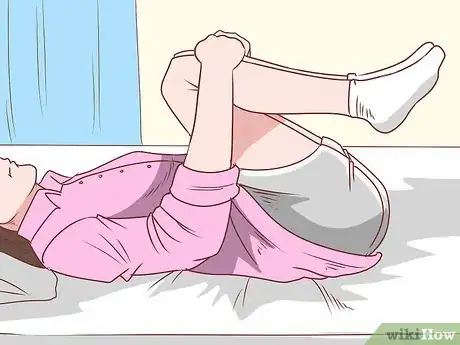
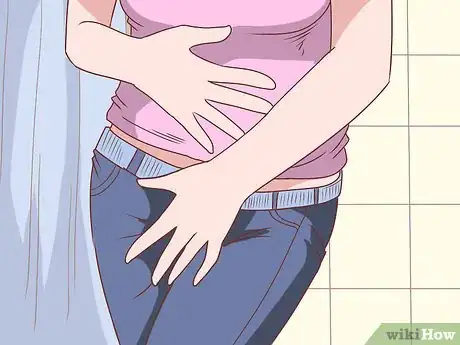
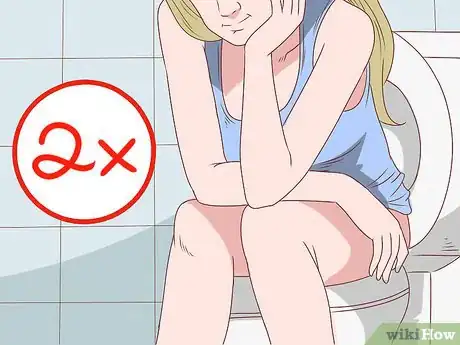
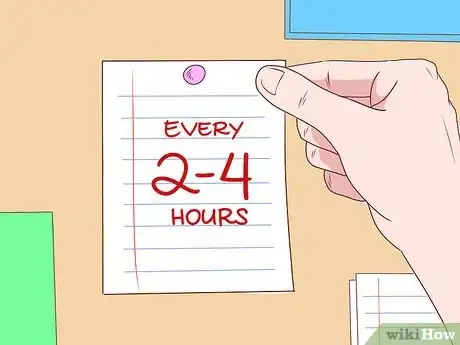

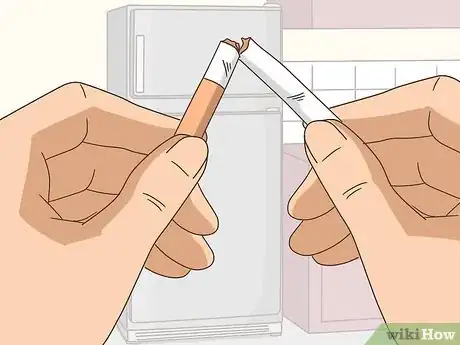


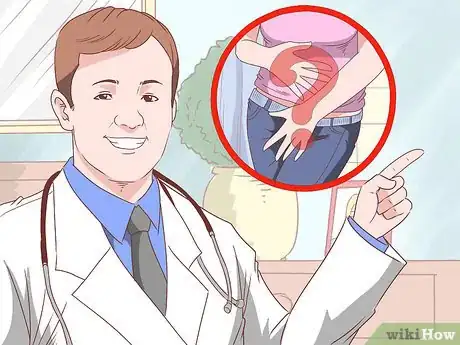

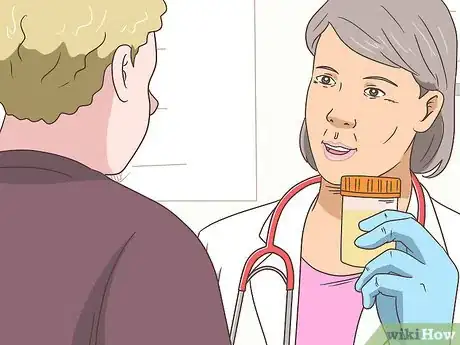
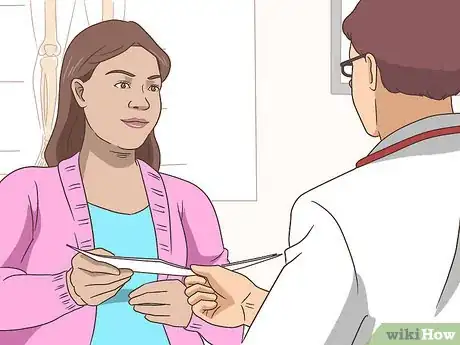
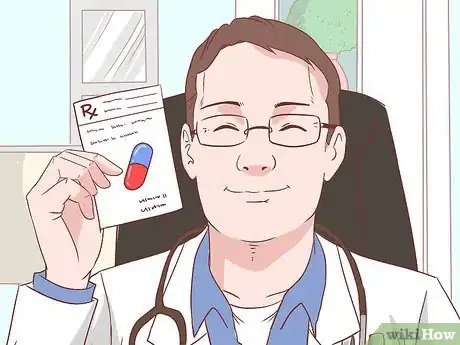

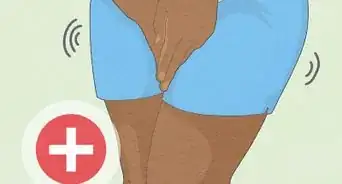
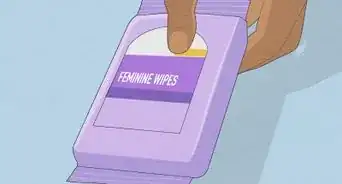
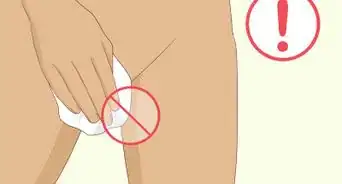

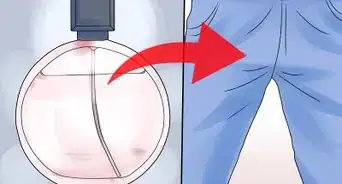


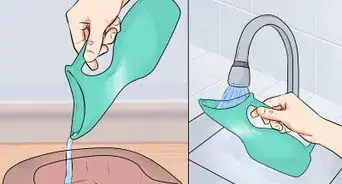
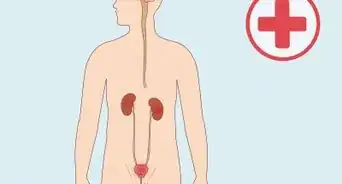
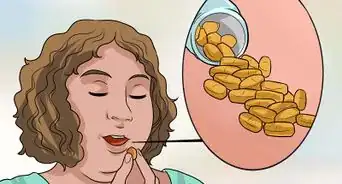
-Step-6.webp)










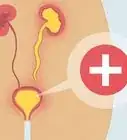
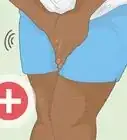
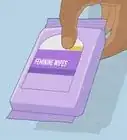
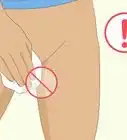



































Medical Disclaimer
The content of this article is not intended to be a substitute for professional medical advice, examination, diagnosis, or treatment. You should always contact your doctor or other qualified healthcare professional before starting, changing, or stopping any kind of health treatment.
Read More...